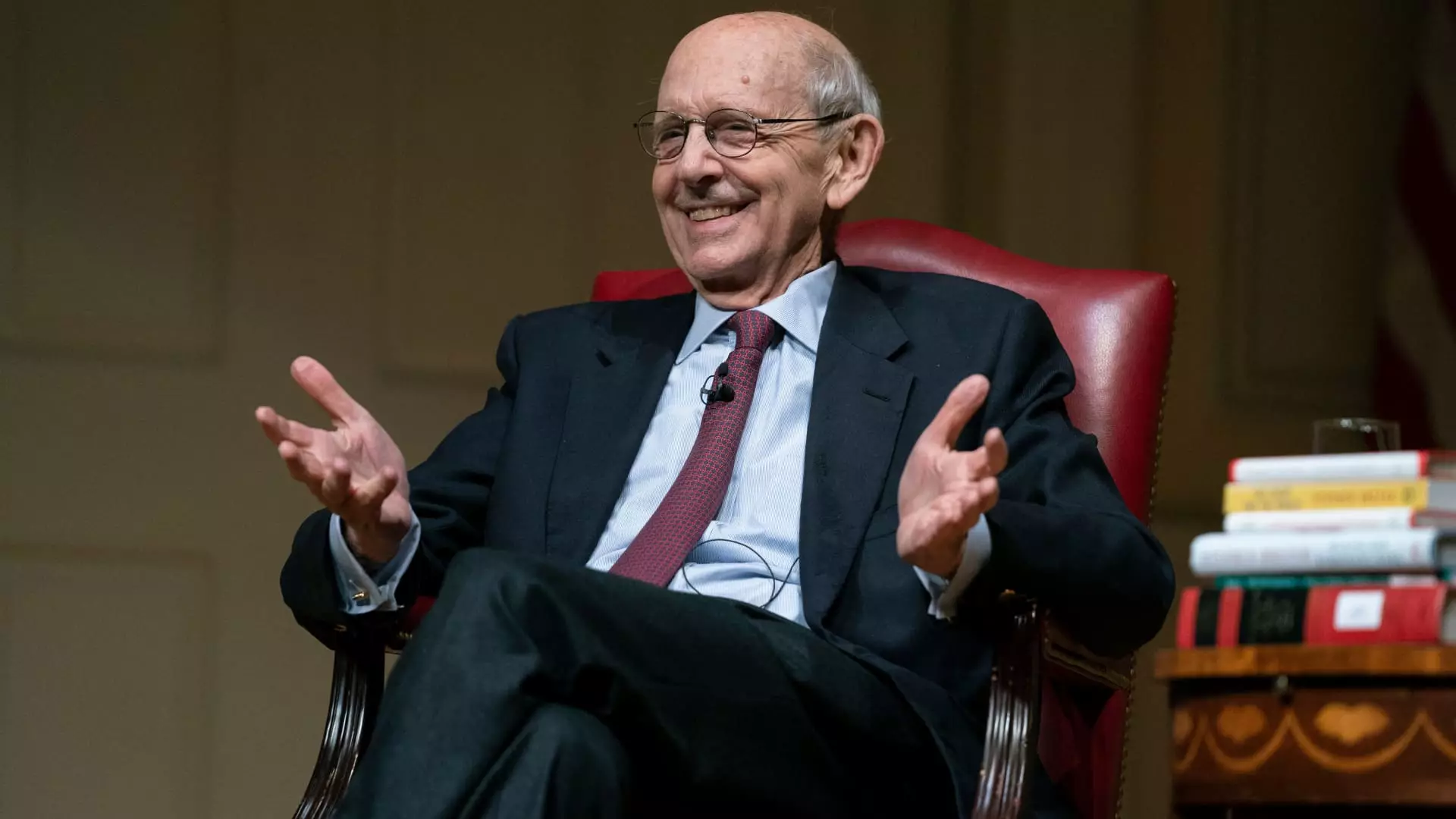Former Supreme Court Justice Stephen Breyer recently appeared on NBC News’ “Meet the Press” and expressed his view that it is “possible” for the Supreme Court to one day overrule its 2022 decision in Dobbs v. Jackson Women’s Health, which overturned Roe v. Wade. However, Breyer also acknowledged the uncertainty surrounding this possibility, stating “But who knows?” This statement reflects the unpredictable nature of judicial decisions and the potential for change over time.
During the interview, Breyer also addressed the leak of the majority’s decision to overturn Roe v. Wade, which occurred prior to the official ruling. He described the leak as “unfortunate,” highlighting the importance of maintaining the integrity and confidentiality of judicial proceedings. This incident raises concerns about the potential impact of premature disclosure on the credibility and legitimacy of court decisions.
When questioned about cases involving former President Donald Trump, Breyer opted to sidestep the inquiries, citing insufficient information to form an opinion. He expressed caution about expressing initial opinions without thorough examination, emphasizing the need for careful consideration before making judgments. This cautious approach demonstrates Breyer’s commitment to upholding the principles of impartiality and objectivity in judicial decision-making.
Reflection on Past Cases
Reflecting on his tenure on the Supreme Court, Breyer recalled his involvement in significant cases during presidential election years. In particular, he referenced his role in the Bush v. Gore case in 2000, where he agreed with a majority decision on the recounting of ballots in Florida. Breyer’s dissent from the majority opinion on the timing of the recount underscores his independent judicial perspective and willingness to challenge prevailing views within the court.
Critique of Originalist Interpretation of the Constitution
In anticipation of the release of his book “Reading the Constitution: Why I Chose Pragmatism, Not Textualism,” Breyer discussed his opposition to an originalist interpretation of the Constitution. He criticized textualism as simplistic and insufficient for addressing the complexities of constitutional interpretation. Breyer’s emphasis on pragmatism and nuance in constitutional analysis reflects his commitment to upholding the enduring principles of justice and fairness.
Overall, Breyer’s insights during the interview shed light on the challenges and dilemmas faced by Supreme Court justices in navigating complex legal issues. His perspectives on the potential evolution of legal precedents, the importance of judicial integrity, and the nuances of constitutional interpretation provide valuable insights into the intricacies of the U.S. judicial system. As the legal landscape continues to evolve, Breyer’s contributions to the discourse on legal theory and practice serve as a testament to his enduring commitment to justice and the rule of law.


Leave a Reply